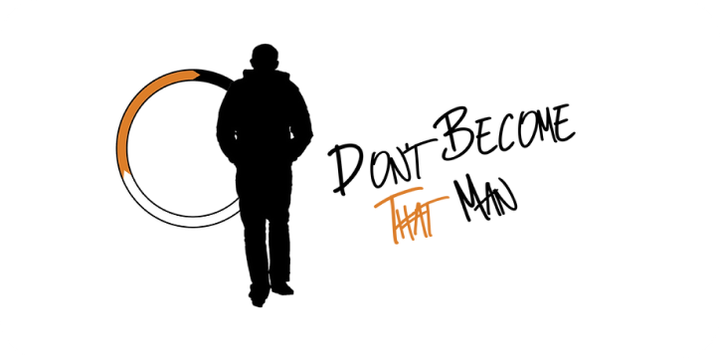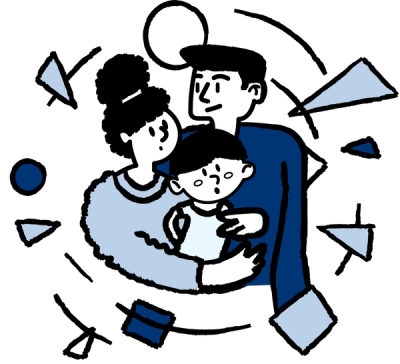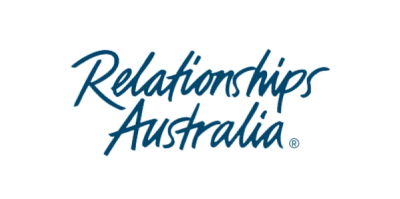What they do
Don't Become That Man's Contact Centre (1300 243 413) can provide immediate intervention and further support options for men concerned about their behaviour negatively impacting their relationships.
By helping men understand and manage their actions before they escalate, Don't Become That Man aims to reduce the risk of behaviours like coercive control becoming violent or deadly.
Don't Become That Man's trained counsellors can:
- Provide immediate intervention
- Identify crisis points
- Create tailored individual intervention programs
- Coordinate crisis accommodation
- Provide information and advice to concerned family, friends, and frontline workers
- Act as a referral point for professionals to refer someone seeking additional support or intervention or would like advice about having that conversation.
Who they're for
Don't Become That Man is for:
- Men who are worried about their thoughts and behaviours, which may include violence or abusive behaviours like coercive control
- Men who use controlling or violent behaviour and are seeking intervention and support
- Women seeking information about men's use of family violence and access to supports
- Family and friends seeking assistance for others or information and advice for themselves
- Professionals who want to refer someone seeking support or intervention or would like advice about having that conversation.
Whether you're experiencing or perpetrating domestic and family violence, reaching out to Don't Become That Man can be a positive and crucial step towards healthier relationships and safer communities.
How to contact
You can contact Don't Become That Man between 2pm and 7pm Monday to Friday via:
- Phone: 1300 243 413
- Online chat (click the 'Contact us' box in the bottom right corner)
- Don't Become That Man website
For other enquiries, you can email: dbtm@communitytransitions.com.au
- Do I need a referral to access the individual intervention program?
Yes, however, you may self-refer.
You may also get a referral from alternative service providers (e.g. family dispute workers, homelessness, hospitals, homeless shelters, child protection, domestic violence crisis line, etc.) or after receiving a protection order.






